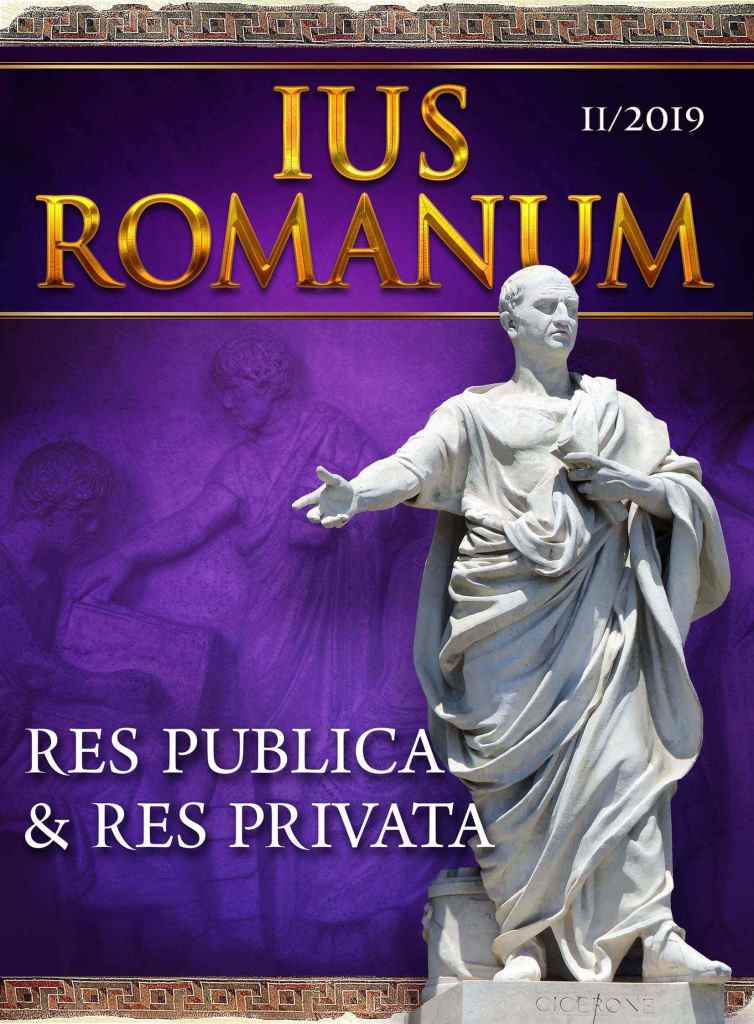THE CONCEPT OF THE REPUBLIC IN THE FIRST SOVIET CONSTITUTION: ROMAN ORIGIN (RES PUBLICA)
THE CONCEPT OF THE REPUBLIC IN THE FIRST SOVIET CONSTITUTION: ROMAN ORIGIN (RES PUBLICA)
Author(s): Tatiana AlexeevaSubject(s): Law, Constitution, Jurisprudence, Constitutional Law, Civil Law, Law and Transitional Justice, EU-Legislation
Published by: Софийски университет »Св. Климент Охридски«
Keywords: community; constitution; labour; law; people; republic; soviet
Summary/Abstract: The paper is devoted to analysis of the concept of the republic as defined in the first constitution of the soviet period and focuses on the juridical, historical and comparative perspective. The 1918 Fundamental law’s concept of the republic was somewhat similar to that of Cicero and Roman tradition. While in modern jurisprudence the republic refers to a certain form of government as opposed to monarchy, Romans had a different understanding of it. The Constitution of RSFSR embodies two dimensions of the notion of the republic as a community (union) with its goals, economic and political foundations. However, as opposed to Cicero’s res publica, the 1918 Constitution declares the new republic not a common cause of all people, but an association of its part – the workers. It was tailored to a specific period (“transition period”) in history - its primary goal was to create a dictatorship of the urban and rural proletariat and the poorest peasantry – “exploited” part of the “people”.
Journal: IUS ROMANUM
- Issue Year: 2019
- Issue No: 2
- Page Range: 240-253
- Page Count: 14
- Language: English

